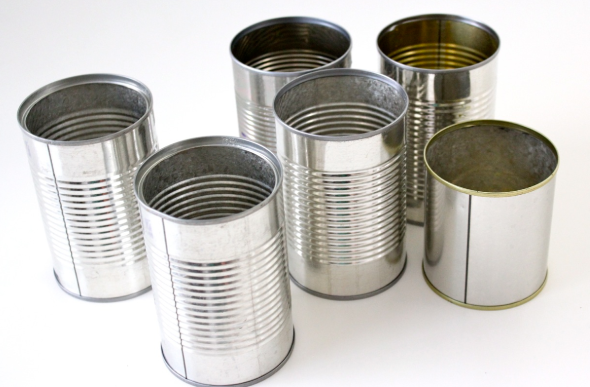Government/Policy

February 17, 2024
Leibowitz: Could change at the ITC keep Weirton tin mill open?
Written by Lewis Leibowitz
The International Trade Commission (ITC) voted earlier this month against imposing antidumping and countervailing duties on imports of tin mill products from four countries. When Cliffs filed trade cases on tin mill products in early 2023, the company claimed that the failure to get massive duties on imports would result in the closure of its mill in Weirton, W.Va. We don’t know the reasoning behind this decision, only that all four sitting Commissioners voted not to impose duties. We do know that Cliffs plans to close Weirton.
Predictably, the proponents of these tariffs, including, among others, West Virginia Governor Jim Justice, condemned the ruling, which cost some 900 jobs. (Note those jobs represent a bit less than one percent of total steel industry employment in the United States.) Opponents of these tariffs praised the decision as the only rational one. It is certainly a sign of our times that each side refused to concede even a grain of logic in the other side’s position.
Courts too slow to help
Federal law requires that companies give 60 days’ notice of plant closings affecting more than 100 workers. Thus, the idling of Weirton is scheduled to be effective in April. Weirton is one of nearly 40 Cliffs production and processing locations in the United States and Canada. The company as a whole is in no danger. The US users of tin mill products, who applauded the negative injury votes as a boost to the US economy, did not immediately react to the announcement of the Weirton shuttering.
Is Cliffs really shutting down Weirton in 60 days? It may well be. If so, the company thinks that it can no longer operate profitably in the tin mill products market due to international competition. That is a momentous conclusion. If the Weirton plant is to be saved, is it possible that a decision could be reversed between now and April?
Legally, Cliffs and the USW can appeal to the Court of International Trade (CIT) challenging the ITC negative injury determination. An appeal cannot be filed until after the final ITC decision is issued. That will occur in March. The court proceedings will last at least a year. If the plant is to close in April 2024, the courts are not likely to prevent it.
If the CIT were to reverse the ITC decision (which will be difficult for Cliffs to accomplish), the case would be sent back to the Commission for further proceedings. That would take three to six months (or more). If the Weirton plant were already closed, restarting it at the end of court proceedings would not be easy. The longer the process takes, the harder a restart will be, most likely.
But what if the ITC had new commissioners?
There are other things that Cliffs could do. It would be speculative to go over all the options in this column. I’ll just give one possible scenario, which plays on the membership of the ITC itself. The Commission is composed of six members (commissioners), nominated by the president and confirmed by the Senate, for specifically designated nine-year terms. Under the law, commissioners may serve past their terms’ expiration until a successor is nominated and confirmed.
Currently, four ITC seats are filled. Only one of the four is serving a term that has not already expired (Jason Kearns, whose term expires in December 2024). The other three sitting Commissioners are holding over after the expiration of their terms: Chairman David Johanson (term expired December 2018); Rhonda Schmidtlein (term expired December 2021); and Amy Karpel (term expired June 2023). Two other seats are vacant (terms expiring June 2026 and June 2029).
No ITC nominations have been announced since President Joe Biden took office in 2021. Perhaps it’s time he did so. If he did, he could immediately nominate candidates for five of the six seats on the Commission, and the sixth seat would come open in December of this year. Imagine a president with the opportunity to nominate all nine Justices on the Supreme Court!
That situation might pave the way for Cliffs to file a new petition on tin mill products. No predictions here, just musings at this point. But could a flurry of ITC nominations convince Cliffs to keep Weirton open for a while?







